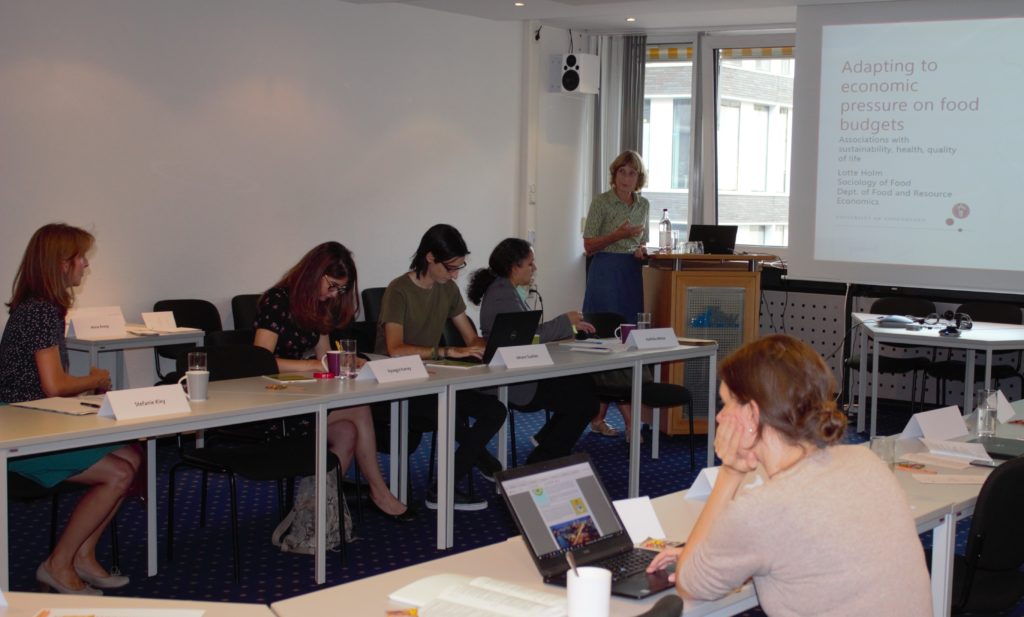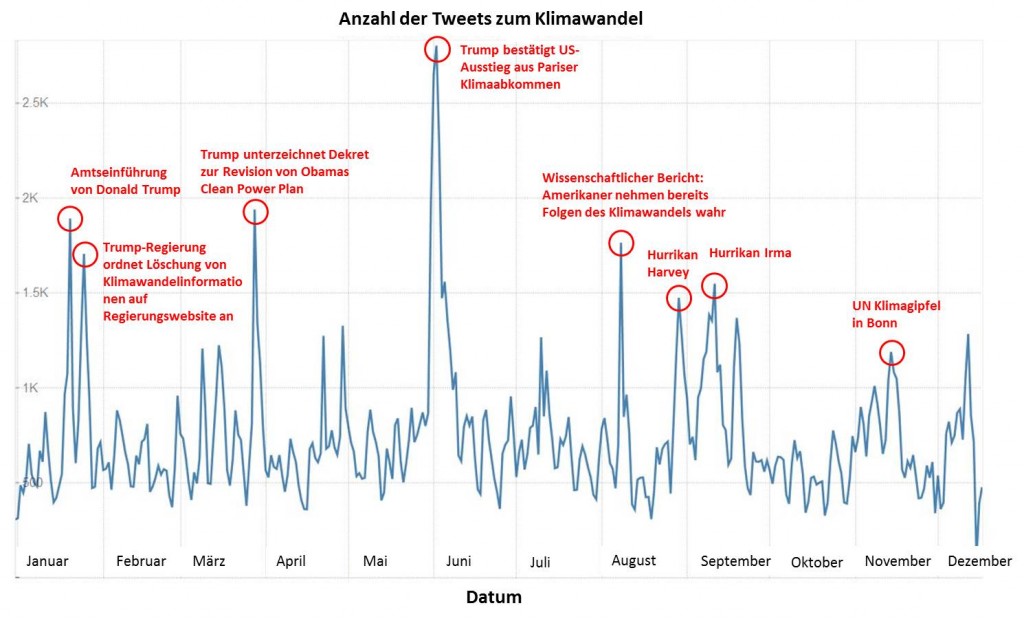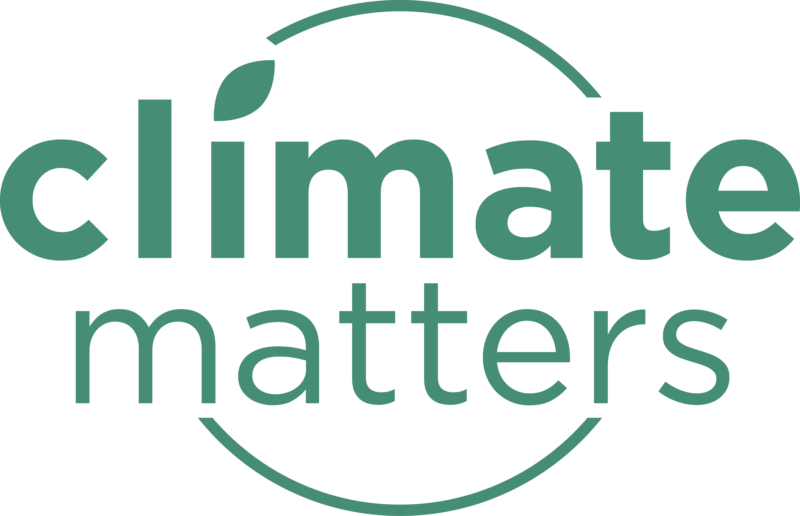Workshop on Sustainable Lives: Food Choices as Politics and Lifestyle

The Food Project is a multidisciplinary endeavor at Hamburg University, funded by KNU with seed money, bringing together collaborating researchers from various disciplines to examine the relay and utilization of a critical issue like sustainable food practices in the public sphere. At the University of Hamburg, researchers from the disciplines of Journalism and Communication Studies, […]
Is German Climate Coverage driven by extreme temperatures? Partly.
Recent weeks have not only brought about record-breaking temperatures, but also a rise in climate coverage, as clearly shown by our Online Media Monitor (OMM) on Climate Change Coverage around the world [1]. But are higher-than-usual temperatures really the main trigger of climate change reporting? We had a closer look at the case of Germany: […]
Call for manuscripts – new book series “Global Communications”
The first international open access book series in media and journalism studies calls for manuscripts, with Michael Brüggemann as one of the founding editors. Global Communications is a new book series that looks beyond national borders to examine current transformations in public communication, journalism and media. It focuses on the role of communication in the […]
„Sustainable Food Choices as Politics and Lifestyle“ – start-up funding for new project approved
The Center for a Sustainable University at the University of Hamburg has approved funding for the new research project “Sustainable Food Choices as Politics and Lifestyle”, which will start in spring 2018. The project investigates the drivers of food choices and how changing discourses, norms and attitudes about food relate to actual patterns of food […]
New paper published: Echo Chambers of Denial: Explaining User Comments on Climate Change
The paper “Echo Chambers of Denial: Explaining User Comments on Climate Change” was published in Environmental Communication. The study identifies factors that foster comments that are sceptical or supportive of basic assumptions of anthropogenic climate change, drawing on online news in the US, the UK, Germany, India, and Switzerland. The results show that users adapt […]
New paper published: From “Knowledge Brokers” to Opinion Makers: How Physical Presence Affected Scientists’ Twitter Use During the COP21 Climate Change Conference
The paper “From “Knowledge Brokers” to Opinion Makers: How Physical Presence Affected Scientists’ Twitter Use During the COP21 Climate Change Conference” was published in the International Journal of Communication. This study investigates the 2015 United Nations Climate Change Conference summit and examines scientists’ social media use by analyzing “digital traces” that scientists left on social […]
One Year of Climate Change on Twitter – One Year of Trump Arousing Attention?

Review of Twitter communication on climate change in 2017: Which events triggered tweets about climate change and to which domains do these tweets link to? The analysis of our online media monitor (OMM) reveals that the number of climate change-related tweets has risen compared to 2016. Still – and this year even more – Donald […]
New paper published in nature climate change
The paper `The appeasement effect of a United Nations climate summit on the German public´ was published in the current issue of the journal nature climate change. It presents first findings from the research project `Down to Earth´, directed by Prof. Dr. Michael Brüggemann and funded by the cluster of Excellence `CliSAP´.
Down to Earth – Publications
Mahl, Daniela, Brüggemann, Michael, Guenther, Lars, & De Silva-Schmidt, Fenja (2020). Public opinion at a tipping point: Germany’s path to engaging with climate change. Down to Earth Working Paper, March 2020. DOI: 10.25592/uhhfdm.851 De Silva-Schmidt, Fenja & Brüggemann, Michael (2019). Klimapolitik in den Medien – Das Publikum erwartet mehr. Befunde einer Befragung zu den UN-Klimagipfeln […]
New team member: Ines Lörcher
Our research group welcomes Ines Lörcher in our team. Since July 2017, Ines Lörcher is working as a research associate in our project on “Redefining the Boundaries of Science and Journalism”. She previously worked in a research project on “Climate change from the Audience Perspective” (funded by the German Research Foundation) under the leadership of […]
